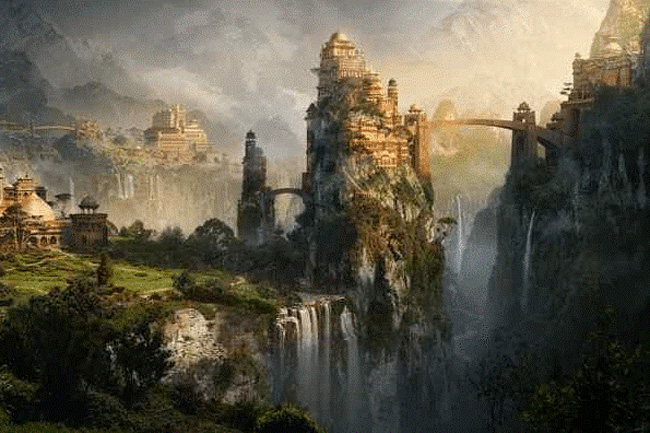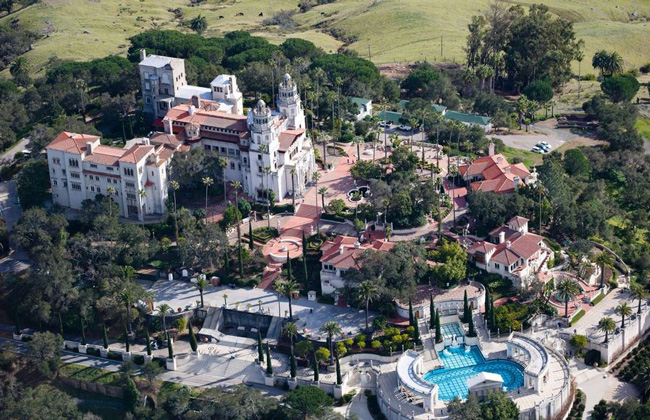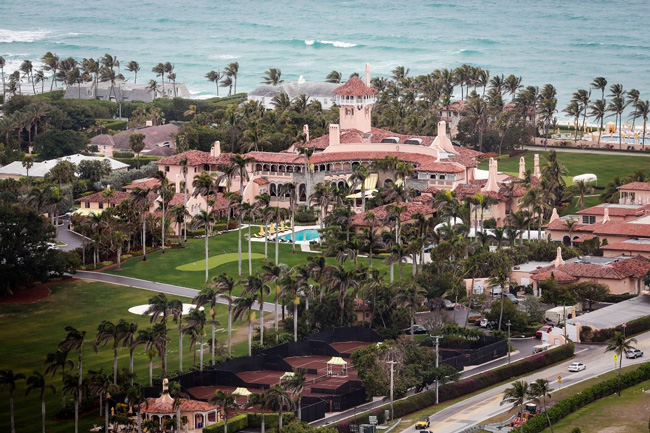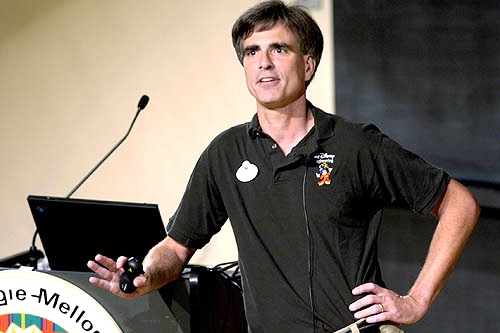Live in Xanadu
I wrote about Samuel Taylor Coleridge’s Kubla Khan Or, a Vision in a Dream. A Fragment a couple of months ago. While in high school, all my classmates had an English assignment each year. We had to memorize a hundred lines of poetry or prose each semester while in high school. Having to stand in front of my English teachers reciting poems that I memorized was an assignment filled with fear and trembling. This is the first stanza of Kubla Khan.
In Xanadu did Kubla Khan
A stately pleasure-dome decree:
Where Alph, the sacred river, ran
Through caverns measureless to man
Down to a sunless sea...
Since graduating high school in 1961, I have learned much more about the poem and the author. Coleridge used opium for much of his life as a painkiller and just for pleasure. His knowledge base about the actual Kublai Khan, the grandson of Genghis Khan, came from writings about Marco Polo visiting Kublai Khan. Coleridge had been reading about Polo’s trip to China when Coleridge fell asleep for three hours due to the opium. During that dream-like time, he composed a poem of several hundred lines within his mind.
Unfortunately, Coleridge awakened from his dream-like state and began writing, but when someone came to the door. As a result of the interruption, he lost most of the poem that had been composed in his mind. This also explains the esoteric title of the poem. This accounts for the actual name of the poem, Kubla Khan Or, a Vision in a Dream. A Fragment.
Marco Polo wanted to see the world. He transversed the Silk Road to China. In fact, he went to Xanadu (Shangdu), the summer capital of the Mongol Empire. Kublai Khan ruled for the last half of the 13th century. Polo worked for Kublai Khan as his special emissary for his empire for two decades before returning to Italy.

That is the backstory of Xanadu. While Kublai Khan was the first to live in Xanadu, he wasn’t the last. Citizen Kane also took up residency in his Xanadu.
Citizen Kane was a film that came out in the early 40s. Orson Welles played the part of Charles Foster Kane. Kane’s name was a pseudonym for William Randolph Hearst, a wealthy newspaper mogul.

Kane was a young, ordinary child who enjoyed playing on his sled in the winter snow. However, his family had a mining deed on which gold had been discovered. Kane grew up in wealth. By the time Kane was an adult, he had become extremely wealthy. He seized control of the New York Inquirer. Kane used his money to make more money, allowing him to build his Xanadu. Between inherited wealth and fortunes achieved by ill-gotten means, Kane ranked high on the world’s list of the wealthiest men. His second wife, Susan Alexander, said his Xanadu was “forty-nine thousand acres of nothing but scenery and statues.”

Kane wanted more power. So, he ran for Governor of New York.
Citizen Kane had material things, more than he would ever need, but it still wasn’t enough. Psychologically, he suffered from narcissism. Wealth is limited to money. Kane was rich financially but poor in every other way. Kane was into Kane. All that he did was for himself. On Kane’s deathbed, he whispers, “Rosebud.”
Enter another citizen. Citizen Trump. That name was given to him by the three-judge panel of the US Court of Appeals. They wrote, “...former President Trump has become citizen Trump, with all of the defenses of any other criminal defendant.”
This is Trump’s Xanadu.

Trump’s Xanadu, aka Mar-a-Lago
The parallels between Citizen Kane and Citizen Trump are strikingly similar. However, I wonder about two parallels. How does Melania Trump describe Trump’s Xanadu? Additionally, I wonder about what Trump’s last words will be on his deathbed. Citizen Kane mumbled, “Rosebud.”
This video is Coleridge’s Kubla Khan Or, a Vision in a Dream. A Fragment.














